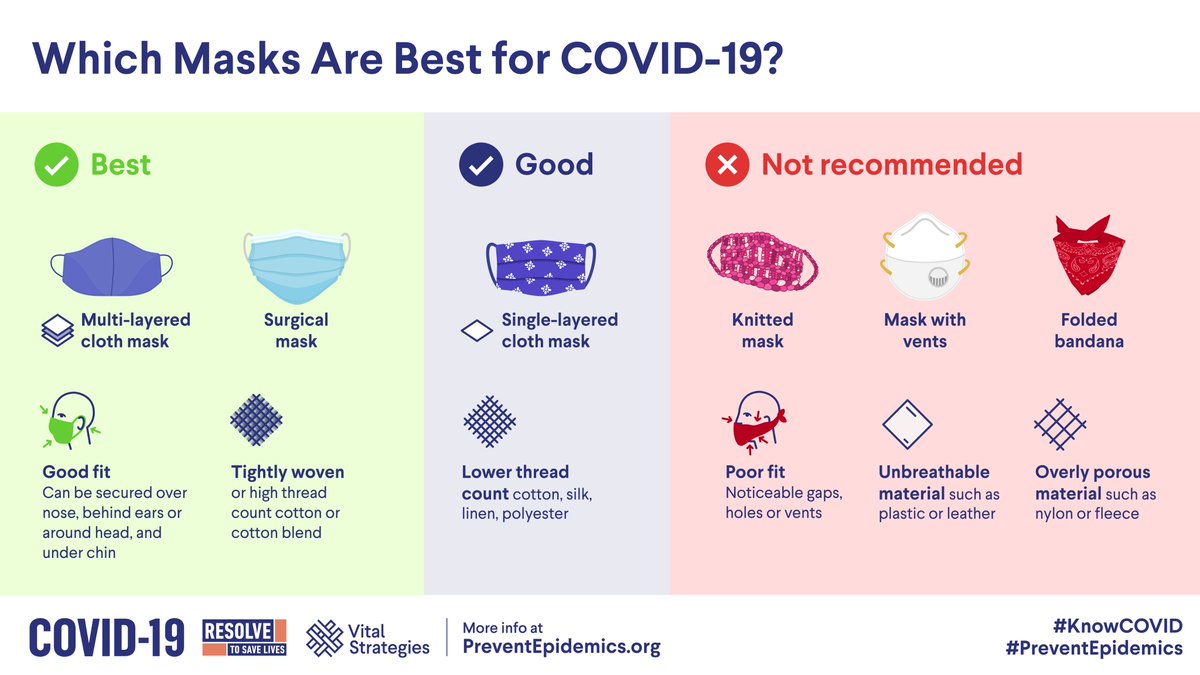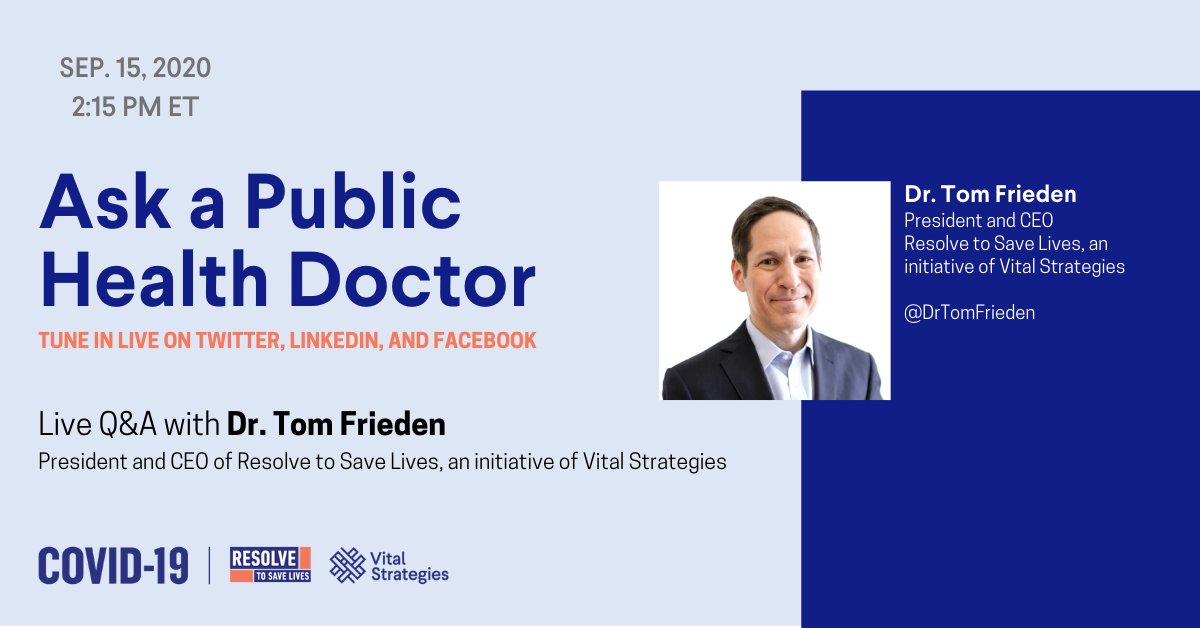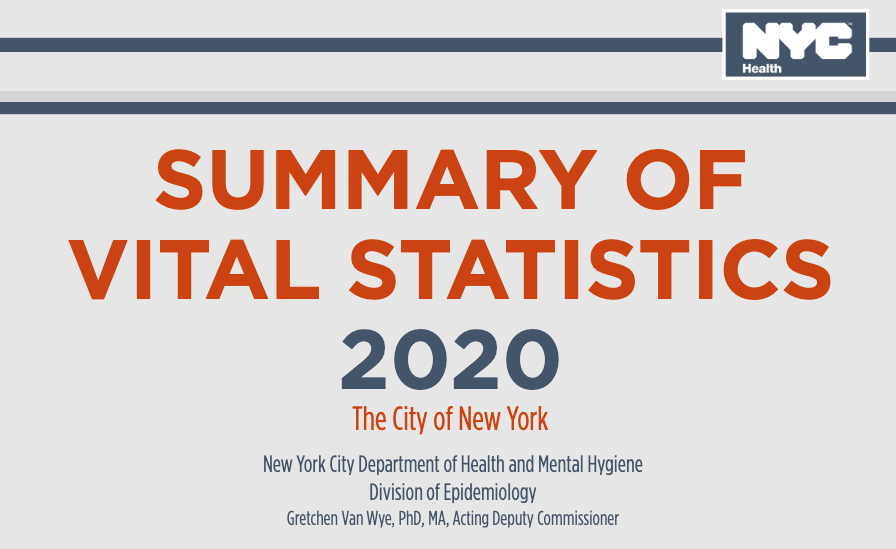1/ I received a note the other day from an 18-year-old high school senior who's concerned and feels he may be getting depressed about the future. He asked, Will this be forever? Are we doomed? THREAD:
2/ He asked when he'll be able to attend a sports game or concert again, when he'll be able to visit his grandparents, and if we'll ever get back to normal life.
3/ Young people are facing a lot of stress and uncertainty right now. Schools in many places are closing almost as soon as they reopen. Sports, concerts, and large gatherings are either cancelled or risky. Recent college grads are entering a flagging economy.
4/ Covid is a new virus. It’s spent less than a year living with humans, and we’re learning more about it every day. It's helpful to address what we know right now and with what level of certainty.
5/ We're certain the virus can be deadly, particularly for older people, for some people with underlying health conditions, and, more rarely, for the unlucky people who get very sick or die even without underlying conditions.
6/ We're basically certain that wearing a mask protects people around you, particularly in indoor environments and if you wear it correctly. (That doesn’t mean masks are 100% protective, it just means that wearing a mask reduces the risk to others.)
7/ It's likely, but not certain, that wearing a mask could protect you from getting infected, and possibly from becoming very ill if you do get infected. It depends in part on what kind of mask you wear and whether you put it on, wear it, and take it off correctly. 

8/ We're certain that people who have gotten very sick from the virus appear to make antibodies, including neutralizing antibodies. We hope that these antibodies protect at least some people who have recovered for some time against reinfection, but it's not yet proven.
9/ Now, what does all that mean for the question about whether this will be forever?
10/ First, I would assume that for the next year (at least) masks are going to be important, particularly when indoors and when there are many people in a space that isn’t well ventilated.
11/ Second, even if we have a vaccine, we’ll likely need to adapt our lives in certain ways for at least a few years. That’s because a vaccine isn’t likely to be perfect, nor are 100% of people likely to take it.
12/ Will we be able to go to sporting events safely in 2021? Outside, definitely. How about indoor sporting events or concerts? We don’t know.
(We do know that the louder people shout or sing, the more they can spread the virus, though much less so if they’re wearing a mask.)
(We do know that the louder people shout or sing, the more they can spread the virus, though much less so if they’re wearing a mask.)
13/ Will we be able to go to indoor concerts and sporting events safely in the next few years? I think yes. By then, we’ll almost certainly have better treatment and a safe, effective vaccine. And, I hope, a better public health system to quickly test, trace, and isolate.
14/ I don’t think this will be forever. Places around the world have controlled Covid and gone back to life almost as before. With a vaccine & treatment, even more progress will be possible. But I do think there will be changes in how we live our lives for the foreseeable future.
15/ We’re definitely not doomed. We—especially young and thoughtful people—have enormous potential to control our future. To get our individual freedom back, we need to work together.
16/16 A lot of you may have more questions, and I'll do my best to answer them tomorrow at 2:15 pm ET. Join me for a live Q&A on what we know about Covid, what we're still learning, and where we're headed. 

• • •
Missing some Tweet in this thread? You can try to
force a refresh





